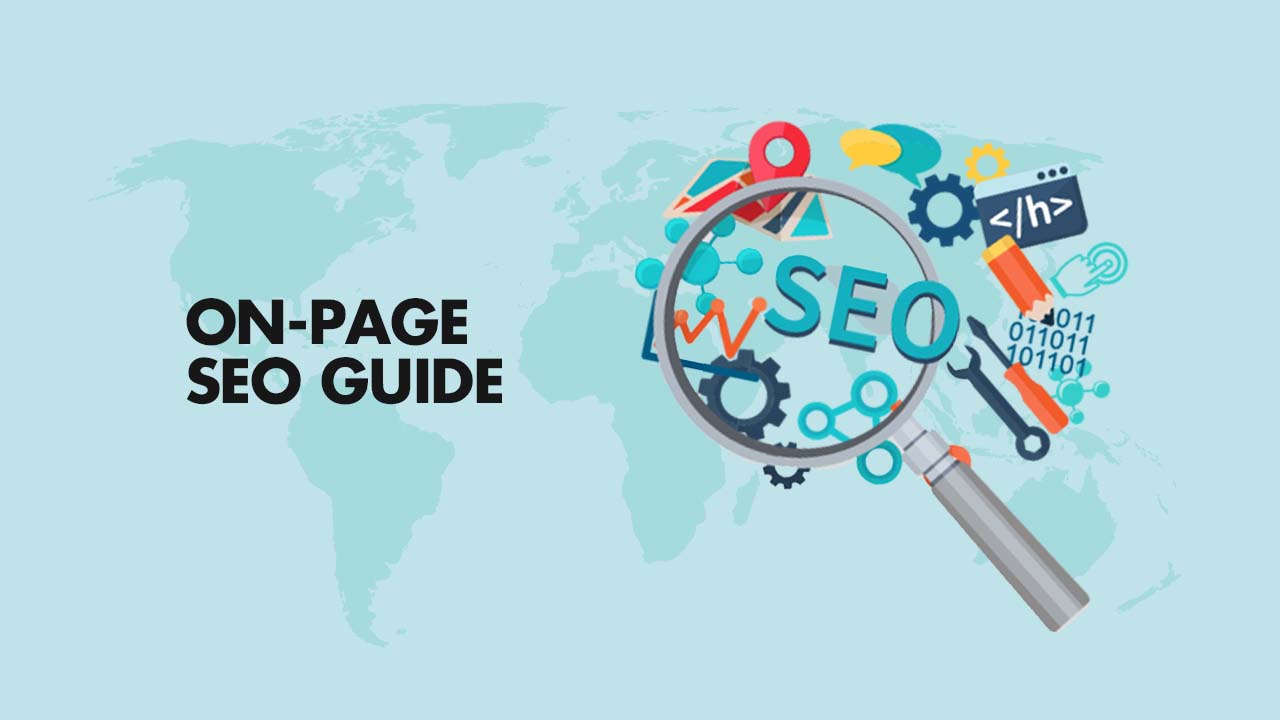On-page SEO refers to the optimization techniques applied within a website to improve its ranking on search engine results pages (SERPs). In this blog, we will discuss what on-page SEO is, its importance, and some strategies you can use to optimize your website for better search rankings.
What is On-Page SEO?
On-page SEO refers to the optimization techniques applied within a website to improve its visibility and relevance to search engines. This includes optimizing content, meta tags, internal links, and other elements of a webpage.
Why is On-Page SEO Important?
On-page SEO is important because it helps search engines understand the content and relevance of a webpage. Search engines use various algorithms to determine the ranking of a webpage on SERPs, and on-page optimization plays a crucial role in determining the relevance and authority of a website.
On-Page SEO Strategies
1. Content Optimization: One of the most important SEO techniques is optimizing your website's content. This includes using relevant keywords, creating high-quality content, and organizing content in a way that is easy to read and understand.
2. Meta Tag Optimization: Optimizing meta tags, such as the title tag and meta description, is another important on-page SEO technique. Meta tags provide information to search engines about the content of a webpage and can help improve its visibility on SERPs.
3. Internal Linking: Linking to relevant pages within your website is an effective on-page SEO technique. Internal linking can help search engines understand the structure and relevance of your website, and can also help visitors navigate your site.
4. URL Optimization: Optimizing your website's URLs is another important on-page SEO technique. This includes using relevant keywords in the URL, keeping URLs short and descriptive, and using hyphens to separate words.
5. Image Optimization: Optimizing images on your website can help improve its visibility on SERPs. This includes using descriptive alt tags, compressing images for faster load times, and using relevant file names.
6. Mobile Optimization: With an increasing number of users accessing websites on mobile devices, optimizing your website for mobile is crucial for on-page SEO. This includes using responsive design, optimizing page speed, and using large fonts and buttons for easy navigation on mobile devices.
Conclusion
On-page SEO is a crucial component of any successful SEO strategy. By optimizing content, meta tags, internal links, and other elements of your website, you can improve its visibility and relevance to search engines, leading to higher search engine rankings and increased traffic. By implementing these on-page SEO techniques, you can optimize your website for better search rankings and establish your authority in your industry.
Strategies for On-Page SEO Optimization
March 22, 2023
Tags



